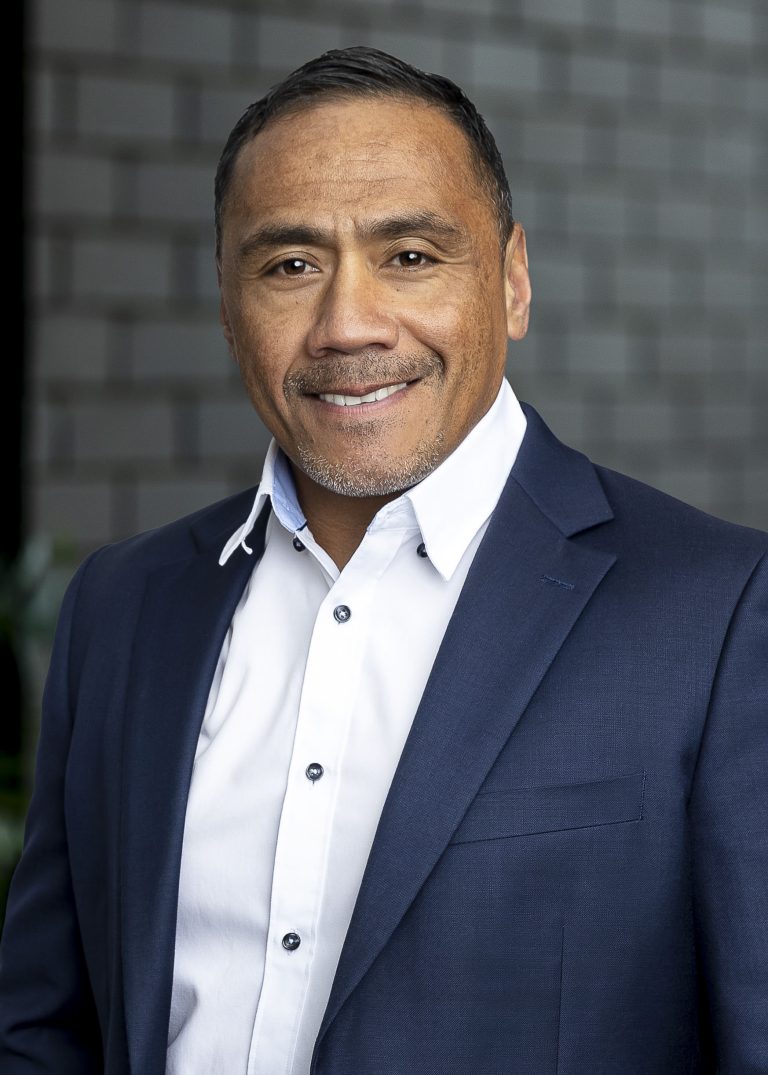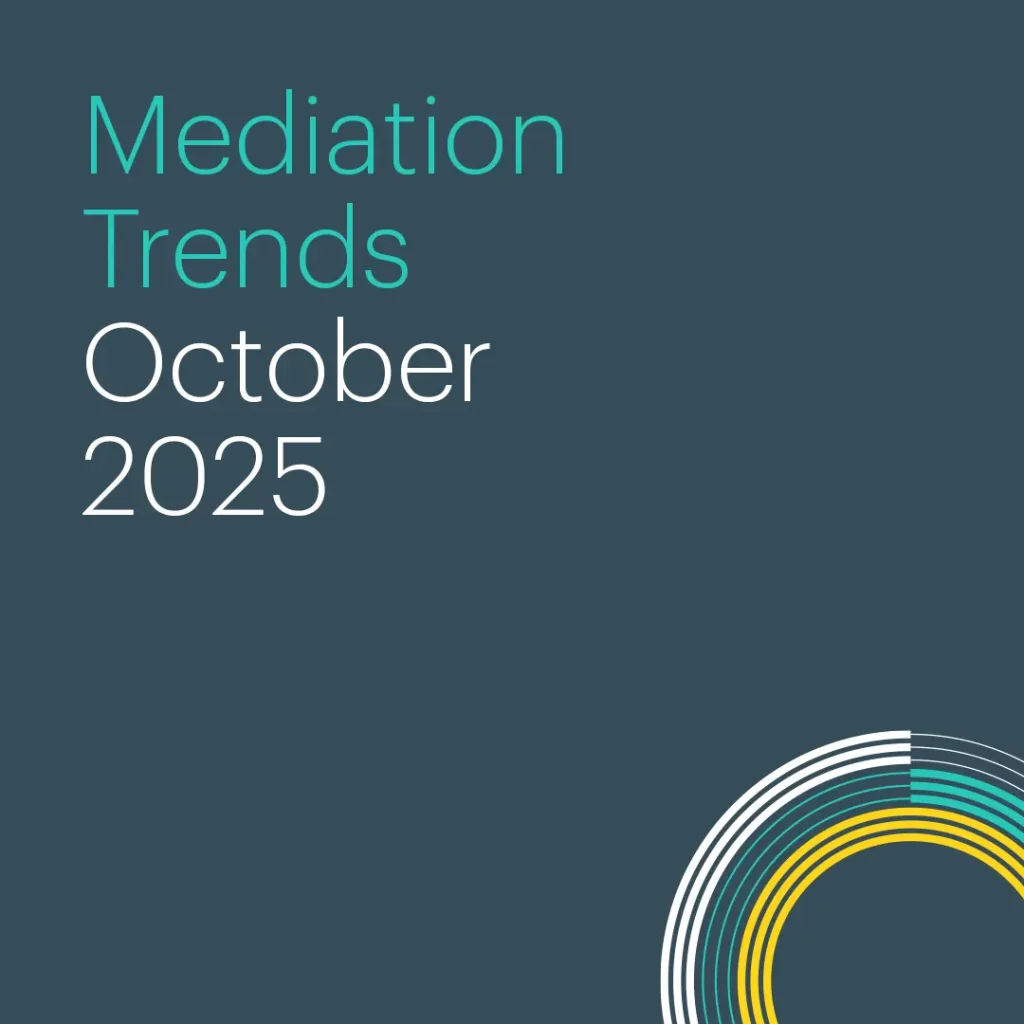Our negotiators are recognised experts in collective bargaining and are leading employment relations strategists.
Collective bargaining is the negotiation process between unions and employers about the terms and conditions of collective employment agreements.
Effective collective bargaining can significantly improve productivity in the workplace by ensuring negotiations are efficient, strategic planning is implemented, and employment relationships are protected throughout the process.
We believe in interest-based bargaining centred around equitable settlements that satisfy the interests of both parties, maintain workplace relationships, and maximise workforce engagement. Our approach is grounded in our experience that what helps relationships, helps businesses.
Our collective bargaining experience includes:
- Public Sector
- Education
- Aviation
- Logistics
- Transport
- Retail
- Manufacturing
- Healthcare
- Aged Care.
Our experienced bargaining team can assist with the entire collective bargaining process, including drafting collective employment agreements that consider the details that matter.
Our team can also facilitate private mediation to help progress the bargaining process in the event that it becomes stalled.
Our Collective Bargaining Team

Anna Jones
Chief Executive, Director

Paul Diver
Founder

Sarah Sherwin
Senior Associate, Director

John McKeefry
Employment Relations Specialist & Partnership Lead

Adrian Tocker
Senior Associate

Alex Leulu
Senior Associate

Raymond Wheeler
Senior Associate

Jordana Leerson
Senior Associate
Related services
Employment Relations Strategy
Our interest-based approach provides positive results while maintaining healthy workplace relationships.
Mediation
Our experienced mediators can facilitate private mediation to help progress the bargaining process if it becomes stalled, and positively conclude a collective agreement.

Our guide to an enjoyable xmas event As December comes into view, New Zealand businesses are heading into Christmas functions that promise a well-earned celebration of the year’s achievements. These events help build team morale

Senior Associate Adrian Tocker shares valuable perspectives on the 2025 collective bargaining landscape and offers insight into what for 2026. December 2025 The year 2025 has been marked by a delicate balancing act between economic

Senior Associate Lynn Booker reflects on the trends seen by our team in workplace mediations, including the rise of team conflict, and the growing impact of individual mental health on the employment relationship. As


